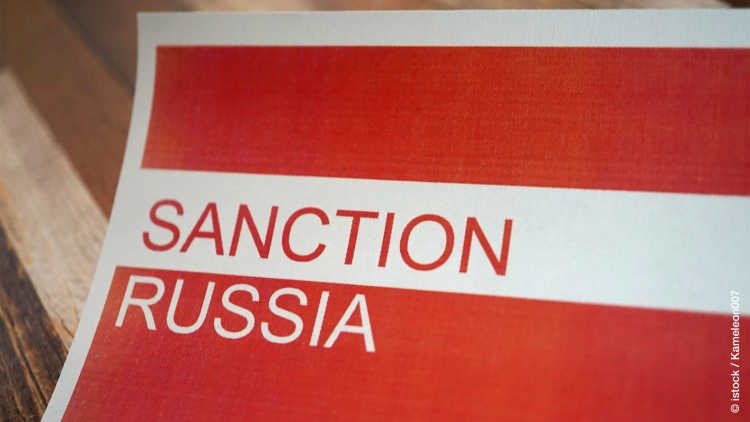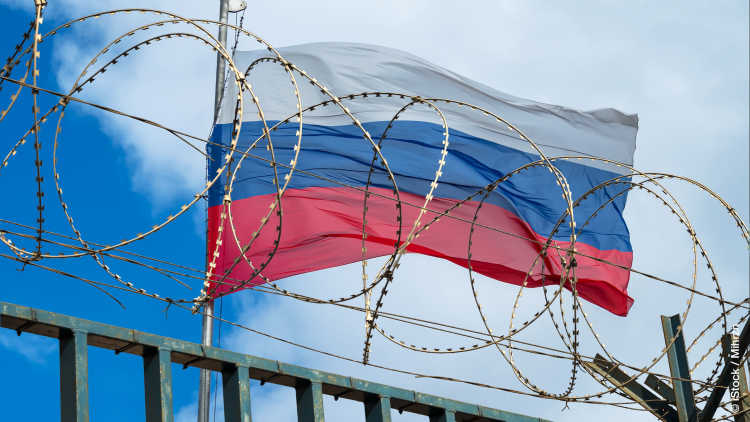- Home
- Research & Transfer
- Research Projects
- Impact of Sanctions on Senders Countries’ Enterprises – the Case of the Russian–Ukraine Military Conflict
Impact of Sanctions on Senders Countries’ Enterprises – the Case of the Russian–Ukraine Military Conflict
The goal of this project is to assess the short- and mid-term economic consequences of EU and US sanctions imposed on Russia on companies from sanctions sender countries. Knowing how and why economic sanctions affect firms’ behavior is key to understanding the impact that sanctions will have - both for good and for ill – for senders’ countries’ economies and sanctions’ effectiveness.
Team
Coordinator
Research Questions
1. finding out the nature and strength of public pressure on the companies’ approach (compliance/over compliance/avoidance etc.) to sanctions;
2. discovering the motives and scale of avoidance/voluntary extension of sanctions by companies operating in Russia and originating from sanctions sending countries;
3. evaluating the extent and nature of strategic changes in firms resulting from the enforcement of sanctions
Contribution to International Research
Knowing how and why economic sanctions affect firms’ behavior is key to understanding the impact that sanctions will have - both for good and for ill – for senders’ countries’ economies and sanctions effectiveness. If sanctions impose significant economic costs on their targets, they are more likely to be successful. Gaining voluntary adherence from firms for sanctions regimes could increase the severity of their impact and potentially affect targets in ways other than intended. On the one hand, “over-compliance” or “self-sanctioning” behavior could make sanctioning efforts more likely to be successful. On the other, firms’ decisions to withdraw their services from sanctioned countries can have enormously adverse humanitarian effects in the target countries. How firms respond to sanctions is thus crucial to understanding their effects.
Research Design and Methods
• E-survey targeting citizens of sanctioning countries - global coverage, use of consumer research platforms;
• E-survey targeting companies from selected survey countries (Poland, Germany, USA) with economic involvement in Russia and Belarus (subsidiaries, trade, supplies, etc.)
Once the survey company provides the data from the questionnaire, the team will employ a combination of descriptive and inferential statistics to analyze the results. The analysis will first seek to identify patterns in the responses between individuals within and across the three countries of our study using univariate and bivariate methods examining frequency distributions and measures of central tendency for individual characteristics and responses. We will also employ cross-tabulations of pairs of variables via visualizations (bar graphs, pie charts) or contingency tables. These methods of analysis provide the basis for refining and developing additional hypotheses that can then be tested using more complex inferential statistics.












